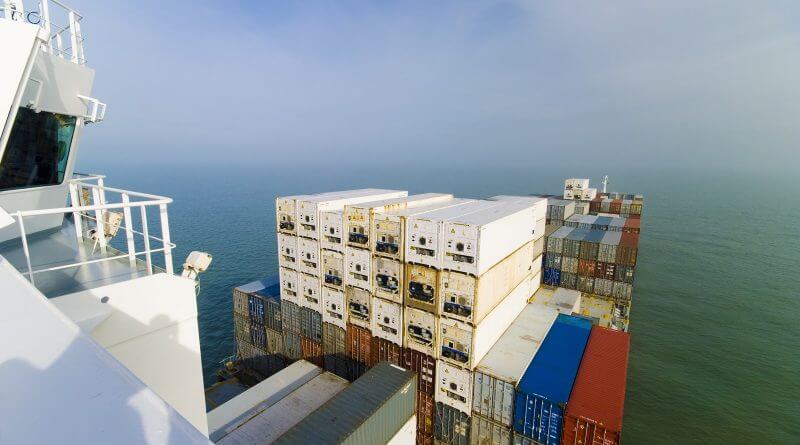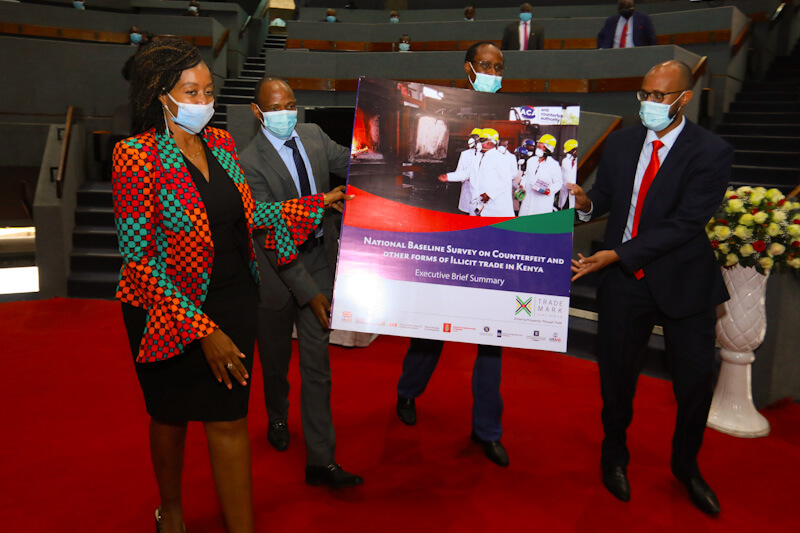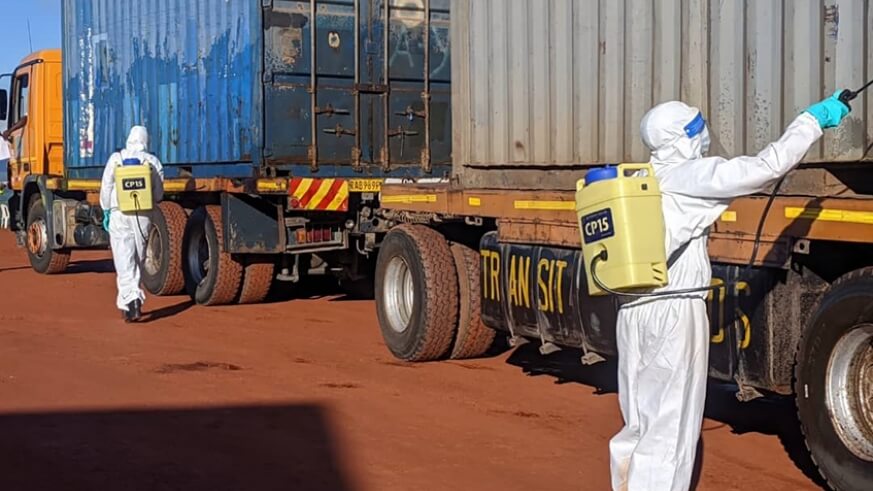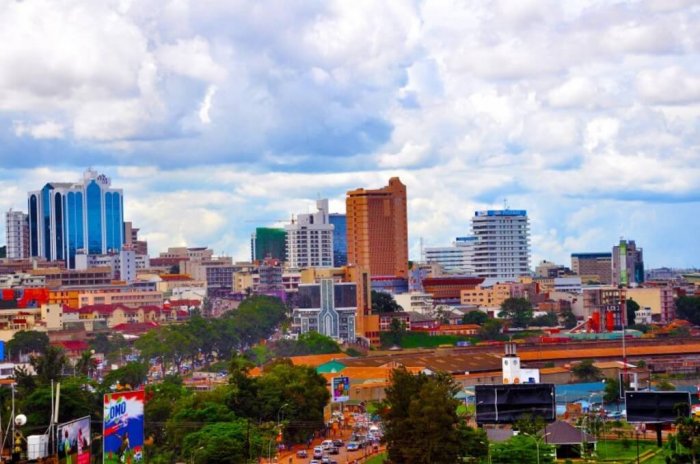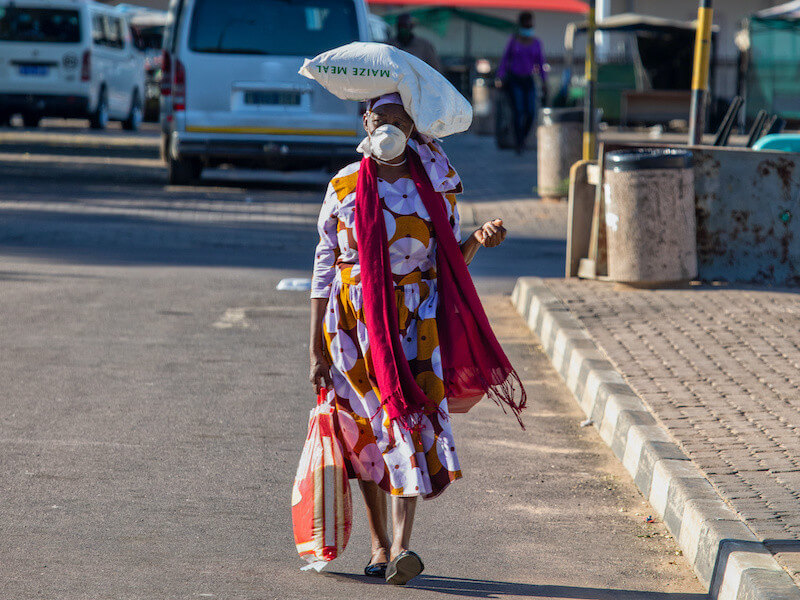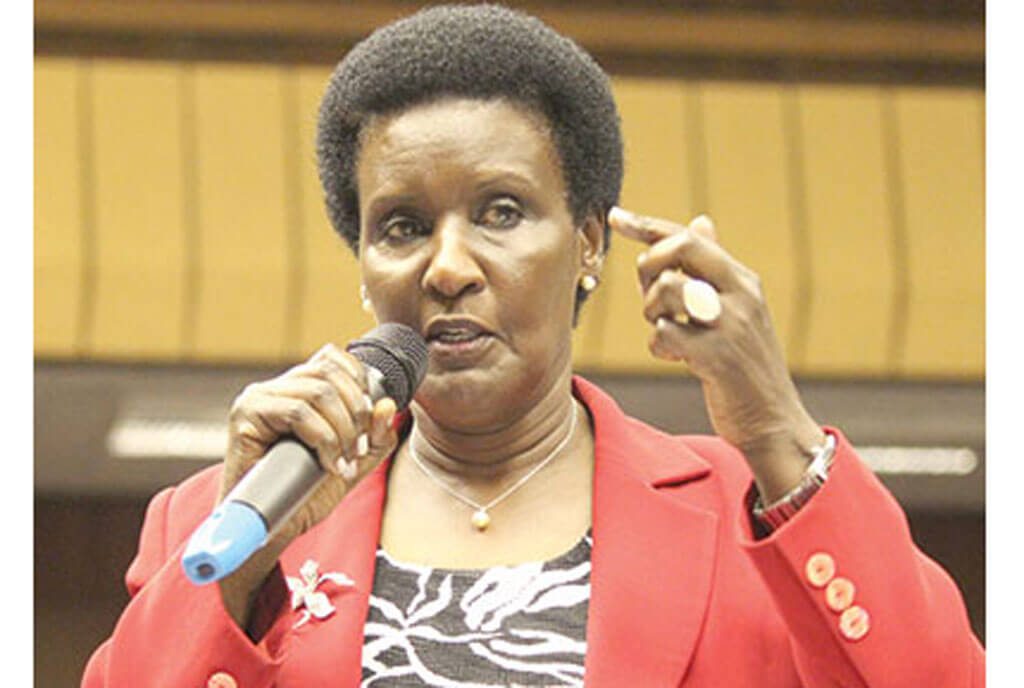Anti-Counterfeit Authority has released findings of the National Baseline Survey on the extent of counterfeit and other forms of illicit trade in Kenya. According to the study conducted between October 2019 and February 2020, the Government revenue lost in 2018 stood at Kes 102.99 billion up from Kes 101.23 billion in 2017. From the 16 sectors of the economy that the study concentrated on, building, mining and construction was heavily affected by counterfeiting with a share of 23.37% in value of total illicit trade, followed by energy, electrical and electronics with a share of 14.67% in 2018. The sector with the most government revenue loss was food, beverage and non-alcoholic drinks with a share of 23.19%, followed by textile and apparel at 20.09%. Thirty (30) percent of the firms were aware that their products were being counterfeited and sold in the market, whereas 56.4% of the sampled firms were not aware that their products are being counterfeited and sold in the market. Between 2016 and 2018, 7,484 jobs were lost in Kenya due to illicit trade with counterfeiting accounting for 32.59% of the jobs lost. The study also cites piracy as a critical form of illicit trade. According to the findings, the loss of sales as a result of pirated products stood at KES 2.2 billion over the period 2016-2018. Although the trend depicts marginal decline between 2017 and 2018, the loss as a result of total sales is quite high ranging between 37.69% and 42.14%, which is a clear...
Kenya loses over 100 billion KES in revenue to illicit trade, says illicit trade – report
Posted on: June 17, 2020
Posted on: June 17, 2020

